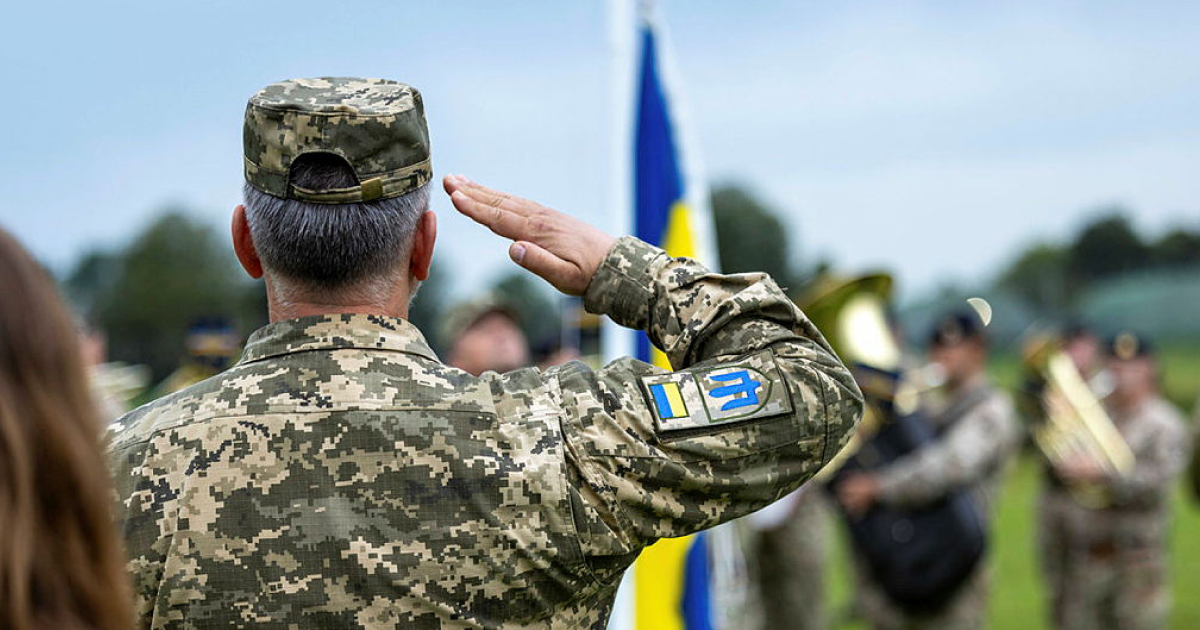«I want Ukraine on my side»: Retired British Army Officer on NATO-Ukraine Relations
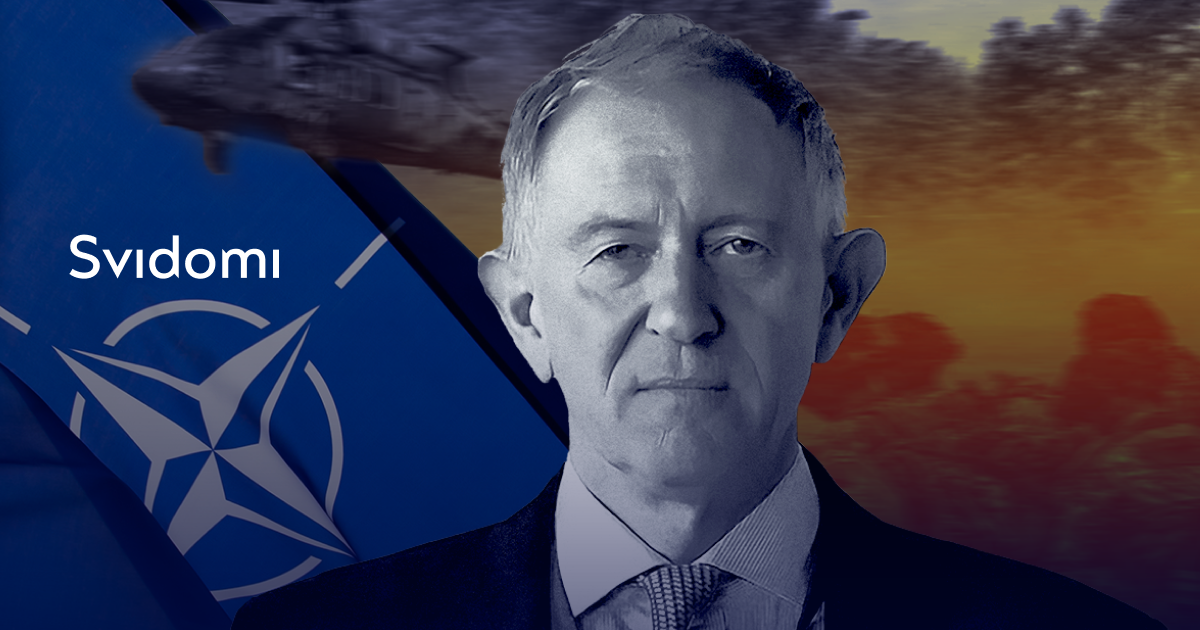
Lieutenant Colonel (Retired) Glen Grant of the British Army is not new neither to Eastern Europe nor to Ukraine. He has been in the army since he was 16 (yes, it is possible in the UK) and by the 90s was serving as British military attaché to Latvia, Estonia, and Finland.
As he explained in 2018, it is a moral duty to help Ukrainians on their way to democracy. He was a private contractor who assisted the Ukrainian Ministry of Defense in reforms. This cooperation came to a halt in 2017. Grant published an opinion piece criticizing the Ukrainian government’s willingness to reform the military. He also predicted that Russia would initiate a full-scale invasion later.
The Ministry of Defense back in 2018 reacted by saying that Grant’s remarks were not objective. Prominent Ukrainian military analyst Mykola Bielieskov also argued that the British advisor did not present enough factual material.
But the story of a rivalry between Grant and the Ukrainian state did not end there. In 2019, the Ukrainian Ministry of Internal Affairs tried persecuting Ukrainian musician and sergeant Andrii Antonenko. The police alleged that he participated in the killing of a Belarusian journalist.
Until now, none of this was proven, with the case indefinitely stuck due to the complexities of the court system. Glen Grant addressed an open letter to the minister of interior, Arsen Avakov, who was considered the mastermind behind the trial. Grant received a letter from the Ukrainian police saying he must arrive for questioning. He did so, but the whole procedure was senseless, given that he was not able to tell the law enforcement officers anything new.
None of these events scared Grant off Ukraine. He is still assessing the events in Ukraine and commenting on them for the media. At the beginning of 2023, Grant published an article describing the Ukrainian army’s problems.
These are not typical «the offensive is too slow» comments. While speaking with Svidomi, Grant is anxious to argue that he is not criticizing Ukrainian frontline troops: “Brigades, battalions and downwards are beyond criticism, what they're doing is remarkable by any military standards, by any human standards — but they deserve better support.”
Svidomi has covered many of the issues he describes in the piece: bureaucracy, which offends veterans; military medicine which resists innovation; and the procurement-related matters.
Bielieskov believes that Grant’s article provides a decent overview of subjective factors influencing the course of war. But not everyone is happy with his writings.
– Have you been criticized for this piece?
— Some of the people in the military don't like what I write. Actually, sometimes, there are people in some of the Western embassies who don't like what I write because they want to have an amicable, joyous relationship with everybody, especially the government. They don't like it when a foreigner comes in and says things.
Although when people poke at me as a foreigner — I have been working with Ukraine since 2010 and obviously with NATO since 1976 or 1977. I think I have a just cause for writing these things because I do want Ukraine to be in NATO. It makes me unhappy that people can't see that some bad things actually need to be changed.
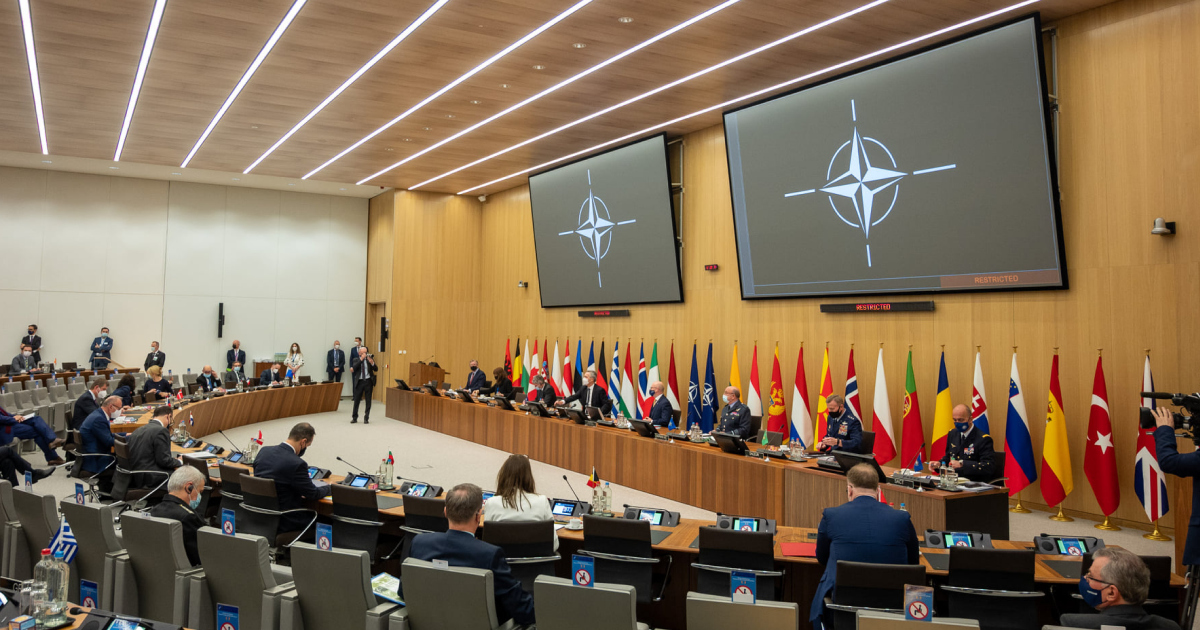
– Some things that you mention in the piece are actively discussed in social media, for instance, how families of the soldiers are sometimes treated.
— This is right on the top of the list. Every couple of days, someone writes to me from Ukraine, telling me they do not receive enough information regarding their loved ones in the military. It is just terrible. It shouldn't happen like this, and there's been plenty of time to sort out organizations and structures to look after families. When you create systems, soldiers fight better because they feel that if anything happens, I will be looked after, my wife will be looked after, and my kids will go through school, etc.
– Why do you think there has not been sufficient change?
— Culture. You still have the hangover of Soviet culture in the system. There is this proverb — “The highest nail gets hit first.” I think that is very post-Soviet as a thing that runs everywhere. The people don't want to stand up and be themselves. Now, it is changing a lot and I've seen a huge change in the last six to eight months, especially with people who've lost relatives and friends and realized that they don't want to be treated like rubbish.
Still, many don't believe that they're in a democracy, that they are as important as everybody else in a democracy. That they have a voice and that they should use that voice and use it loudly in cases like this. Otherwise, some are more equal than others, as the great book says (Grant refers to Animal Farm by George Orwell — ed.).

– Does the culture influence how the Ukrainian army is compatible with NATO armies? Or does the question of NATO membership all boil down to the strategies of the Western states and the political wills of their leadership?
— NATO is a political alliance. It always has been. Of course, before the war, the Ukrainian army wasn't, and to a large degree it still isn't, compatible with NATO in many areas, for example, the logistic structures, the way people are treated, the training, all those things are miles away from the way that most NATO countries work.
But the bottom line is — it's politics. It's a club that you're joining to promise that you will defend others, and others will protect you.
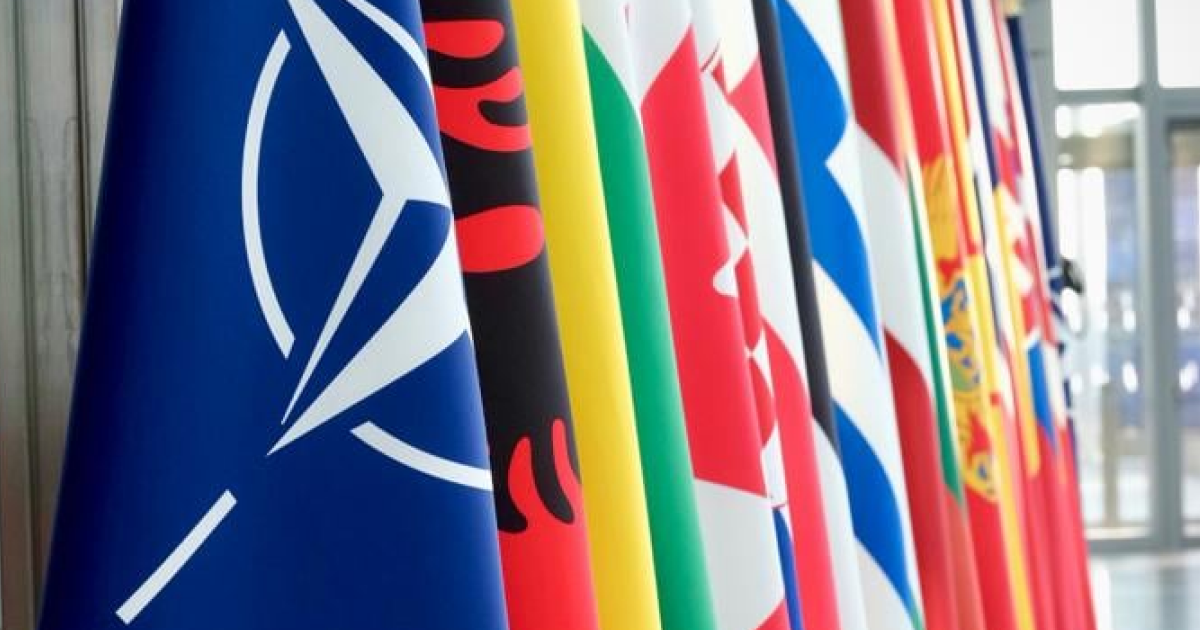
– In the Ukrainian public debate, you can hear people often arguing that Ukraine should be self-sufficient and develop its own weaponry, a third-way strategy. They feel that NATO is not a reliable partner, thinking that it will always ignore Ukrainian needs. What would your response be?
— I don't think you have any choice. I don't call that a third strategy. I call that a good part of being a good member of NATO. It is what you should do. You should have your own defence industry. You should have your own training. It shouldn't be other people training you.
All these things are not extra to joining NATO, and they're not instead of joining NATO; they are a fundamental part of joining NATO and what NATO countries expect you to do. To be able to fight for yourself.
Drive up the road to Finland and look at what the fins do and the attitudes — the same in Sweden and the Baltic states. People take security seriously. Understanding your lessons brings things to a proper level – that would impress others more with you rather than just talking.

– So persuasion, not backed up by facts, will not work, right?
— I don't think you will be able to persuade anybody until the things that everybody is looking at are changed. I don't believe that there's going to be a halfway house. We've made that mistake in NATO before letting people in who were not ready. It was politically necessary to get them inside the club, but it will be much harder this time. In the first place, things must be seen as real.
Another important thing on the diplomatic side is having good relationships with these countries, which means good relationships. It means being friends with them. Not just sitting across the other side of the table but knowing who these people are and talking to them in a fashion that is friendship. I'm sorry, but your choice to go to other countries as a nation of diplomats doesn't help you. It would help if you had some much better people who can talk honestly and openly, even about the wrong things.
– Which Ukrainian diplomats are you referring to?
— Taran (Andrii Taran served as minister of defence in 2020-2021, was dismissed after absorbing much criticism and now is the Ukrainian ambassador to Slovenia — ed.). Who was an utterly miserable failure in the defence ministry, sending him to be an ambassador. Bulgaria, your fantastic ambassador there (in December 2022, Olesia Ilashchuk was appointed as an ambassador of Ukraine to Bulgaria without having relevant education and experience — ed.). Now, there is the possibility of sending Reznikov to UK, who effectively has been sacked for corruption. These things are a red rag to a bull to countries that are in NATO.
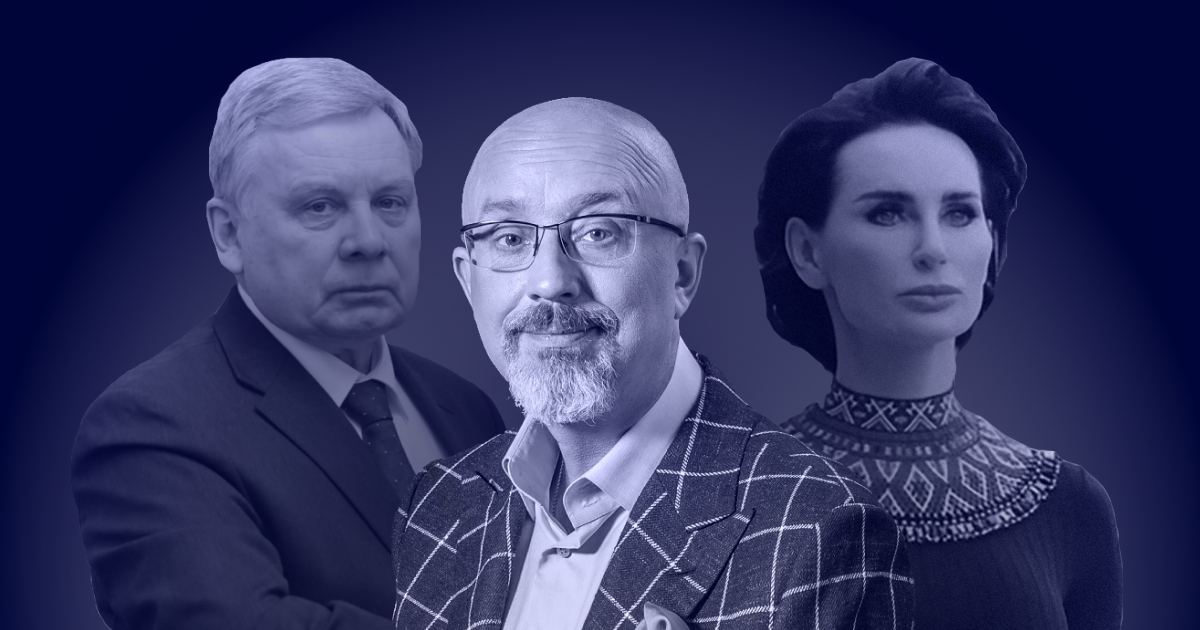
Good ambassadors don't just sit in the embassy and talk to people repeatedly. They form relationships. I look at one of my last ambassadors when I was serving in the Baltics. He challenged the interior minister to a series of marathon races because the interior minister said he ran, and the two of them went around Europe together and raced, and by the time they finished, they got other government members coming to race at the same time. They were talking as you do over a beer relaxedly, allowing a relationship between the country and Great Britain to be extremely strong and highly enduring. So it just kept going after the ambassador left. That's why you need good people.
– Does NATO need Ukraine?
— I think NATO needs Ukraine now because many of the countries in NATO have, in military terms, gone to sleep. I don't see that we're out of the woods as far as a Third World War goes. I see lots of countries lining up on either side.
I am still sliding downwards towards a bit worse, and if something is worse, I want Ukraine on my side. I don't want it on the other side. But society has got to play a more significant role because the government needs to do more. Society has got to start being louder and sharper and forming better relationships with other communities through public diplomacy.
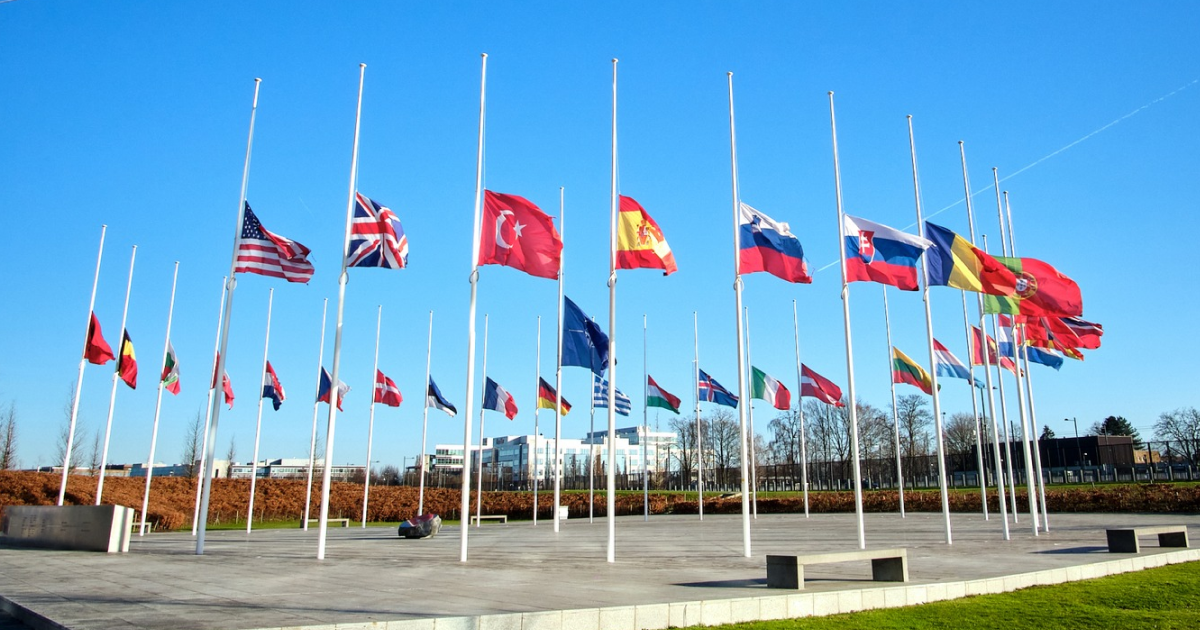
– Can you imagine Ukraine becoming a member of the organization in the foreseeable future?
— I can and shall work towards it because I think it's essential. At the same time, as I try and work towards it by talking to people who are influential in the US and UK, Ukraine has got to do its own work in this regard and not just keep saying, “We're ready for NATO,” “We've got a ready compatible NATO army,” and “Aren't you lucky to have us because…” That doesn't wash.
But I can see Ukraine getting there, but it's got a lot of work to do. It's got to get through this war first, and we've got to get to a situation where Russia at least is not threatening to come back on a daily basis. After the war, they will do their best to keep Ukraine out of NATO, so there are a lot of strategic communication and relationship things that need to be worked at and should be being worked at now if Ukraine is going to get in.
